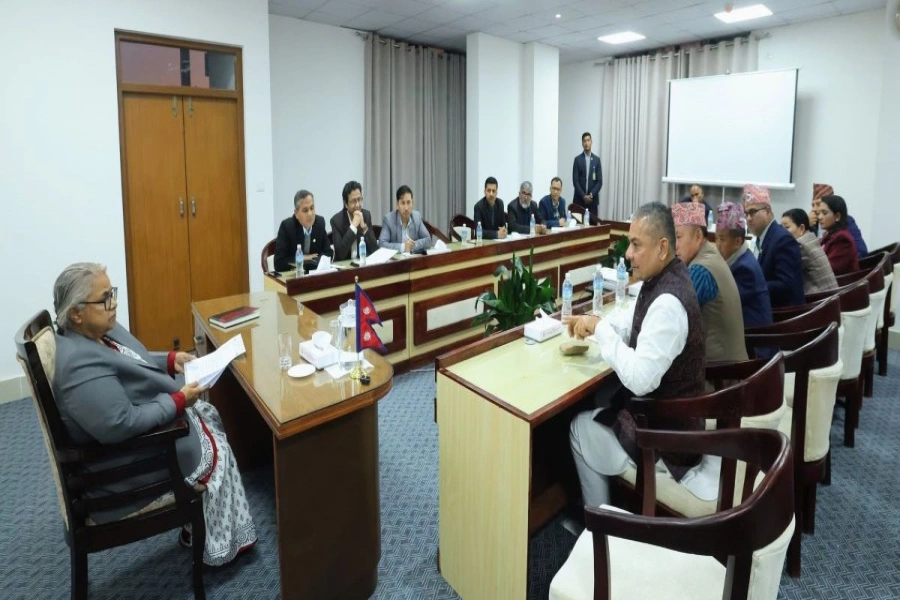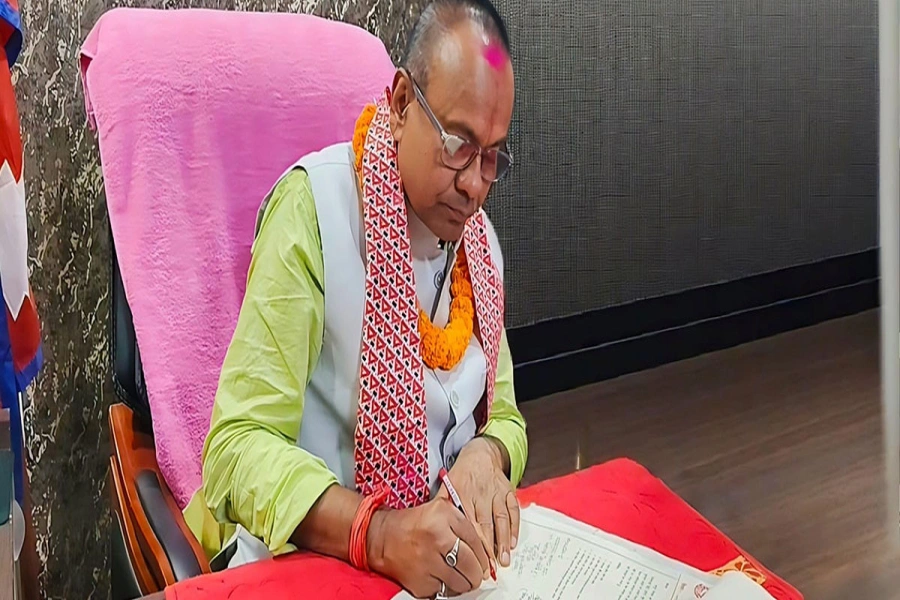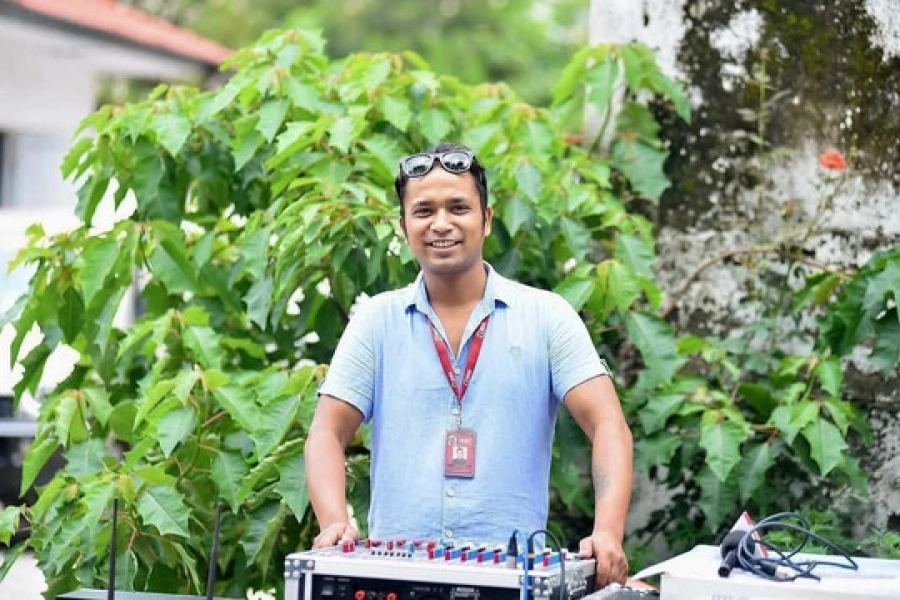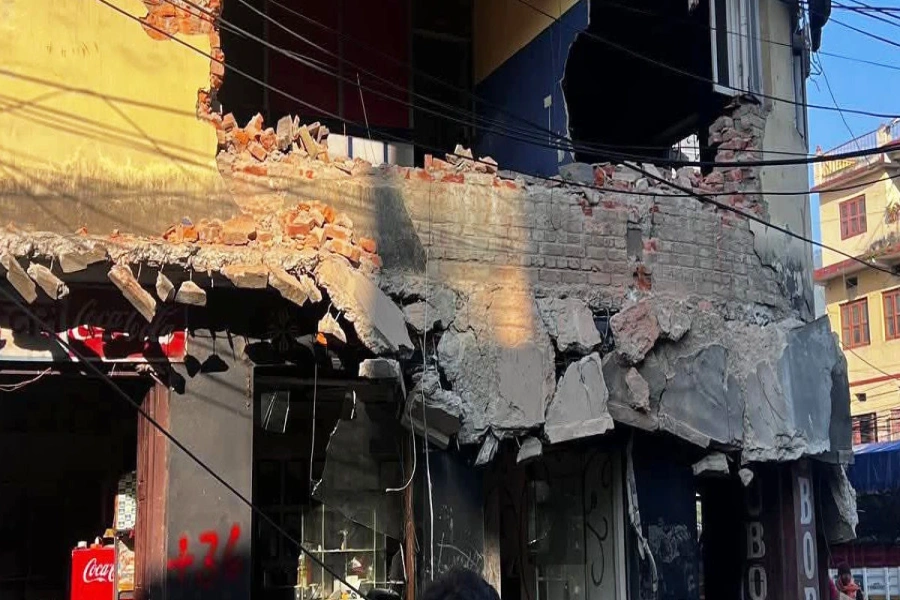Sending students abroad without support is exposing them to discrimination, depression, and death
KATHMANDU, May 4: In August 2024, a 21-year-old Nepali student Muna Pandey, pursuing her undergraduate studies in the United States, was shot dead at her apartment in Houston. “I was devastated when the caller broke the bad news to me,” her mother had said at the time. “I fainted as soon as I heard the news. I’ve lost my support, my everything.”
For the deceased student’s mother Anita Pandey, who lived alone in Kathmandu, her daughter was everything - her life, her hope and her joy.
On February 16, 2025 Prakriti Lamsal, a student at Kalinga Institute of Industrial Technology (KIIT) of India, was found dead in her room. She had commited suicide after enduring repeated abuse from an Indian student for weeks. Few days before the tragedy, Prakriti had shared with her mother the plan to surprise her father with a car. “After graduation I’ll earn enough to be able to afford a car for my father,” she had told her mother during a phone conversation.
Last Tuesday the dead body of 20-year-old Sushan Oli, who was from Rukum West, was found near the Thames River in London. Preliminary investigations suggest that Sushan, an undergraduate student, might have committed suicide.
Speaker directs govt to probe Prisha Shah’s death, ensure safet...
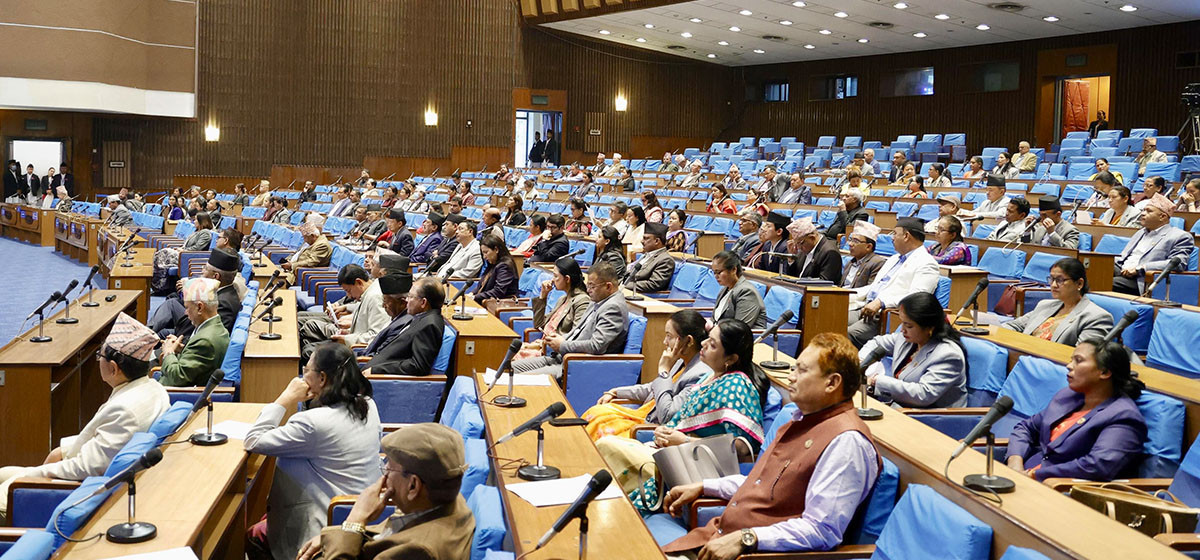
On Thursday evening, May 1, Prisha Sah, a Nepali student from Birgunj, was found dead under suspicious circumstances in her room at KIIT, the same institute where Prakriti Lamsal had killed herself a few months ago. Sah was only 18 years old.
These deaths, all of them tragic, draw attention to the depraved reality of our Nepali society. There is a growing trend of sending students abroad for higher education. Most aim for India, the USA, Australia, the UK and other foreign countries. In fact, parents consider it a matter of immense pride if their children go abroad. The pressure for students is so intense that often, if not always, in the rush of going abroad, other more significant factors like the competence of the university itself, is overlooked. Likewise, overlooked in this inexorable rush, are elements related to social and psychological well-being.
The psychological toll that follows, however, can not be brushed aside. “America in my mind was completely different from the America I found in reality,” said Naresh Gurung (name changed), a recent graduate from Caldwell University, USA. “I had not thought that I would have to spend more time working to pay college fees than studying. Then there was this issue of socialization. Growing up in Nepal, I never had to worry about making friends. But in the US, things were different. I felt terribly lonely during the first two years.”
Loneliness can make one do desperate things. It undermines one’s ability to take far-sighted decisions, especially when it comes to making friends. While living in foreign countries, one, therefore, becomes vulnerable and, deprived of sufficient social options, settles on friendship with individuals who, deep within, might possess psychopathic tendencies.
“Indians resemble us Nepalis a lot, but they are not like us,” said Ravi Thakur (name changed), who did engineering in India. “They look down upon the Nepali people. Not all of them, but most do. They think Nepal is India’s property.”
Naturally, someone studying abroad, even in India, has a limited choice of making friends than someone in Nepal. Besides, there are financial constraints, especially on students who are not from rich families, while living in another country. For these reasons, deprived of choices by these limitations, when they find someone opening up kindly towards them and displaying opulence in their approach, it is natural to fall under the sway of such an individual.
The apparent suicides of Prakriti Lamsal and Prisha Sah, and the alleged murder of Muna Pandey can be traced to the hostile environment they faced in foreign country and the loneliness brought on by it. When parents send their children for higher education, they are usually oblivious to the psychological and social quagmire their children are tossed into while living abroad. There are issues of racial discrimination, gender violence, financial burdens, psychological and social requirements. To these adverse elements, the middle-class parents, who themselves have minimal knowledge of the culture in foreign countries, are entirely oblivious.
“I had gone to the UK for better education,” said Bimal Jha (name changed), who is from Janakpur. “I didn’t know at the time why education there was better. Most of my friends were going abroad. It seemed shameful to stay back and study in Nepal.” Jha spent a year in the UK, but returned after facing irremediable financial challenges and emotional crisis. “There were occasions on which I felt suicidal. Nothing seemed to be going well. My parents had taken loans to make my UK dream possible. It seemed impossible to live in the UK or to return home.”
Jha returned home without completing his education. Of course, he failed to accomplish his UK dream, but succeeded in saving his life, which is the biggest of all successes. Instead of succumbing to the fear of societal judgement, he did what was best for him: to survive at all cost. Not everyone, however, can be expected to have his level of mental strength.
“Even if you want to, it's difficult to return home once you are abroad,” said Nikita Adhikari, a graduate from Middlebury College, USA. “First, you’ve to consider the hopes of your family who’ve, after all, invested so much in you. Then there are these nasty neighbors who are always ready to mock you if you return without getting rich. It has become a matter of pride to settle in foreign countries and a matter of shame to return to Nepal.”
Sushan Oli, whose dead body was found on the bank of the Thames, seems to have succumbed to this societal pressure. He had been rendered homeless for days. Despite this painful circumstance, his fear of facing the depraved Nepali society turned out to be so dominant that even the formidable fear of dying alone in a foreign land took a back seat.
This issue needs to be addressed as soon as possible. Going abroad for education should be a choice, not a matter of pride or a necessity, the way it currently has become in our society. After all, how many more Prakritis should commit suicide, and how many more Sushans should be found dead and abandoned, all alone, by the cold banks of the rivers in foreign countries before our leaders take the matter in hand and initiate solid action to save our youths, who are the soul and future of Nepal?
















